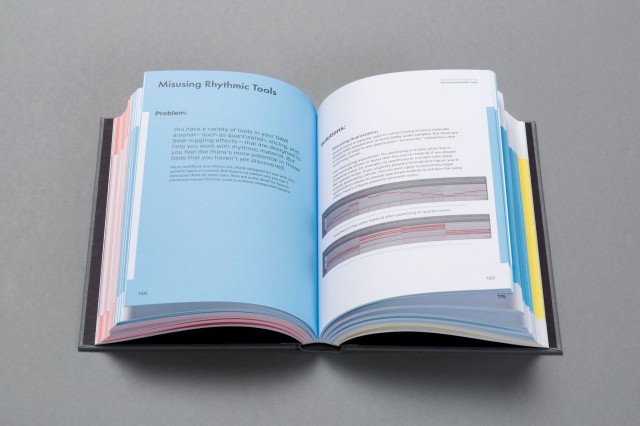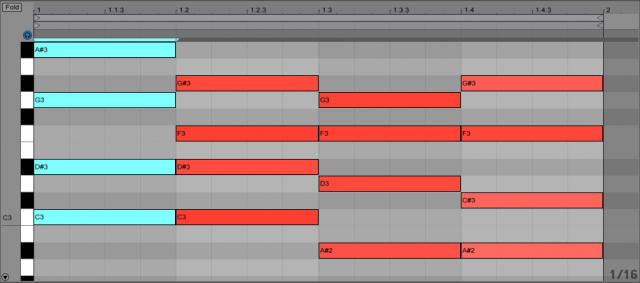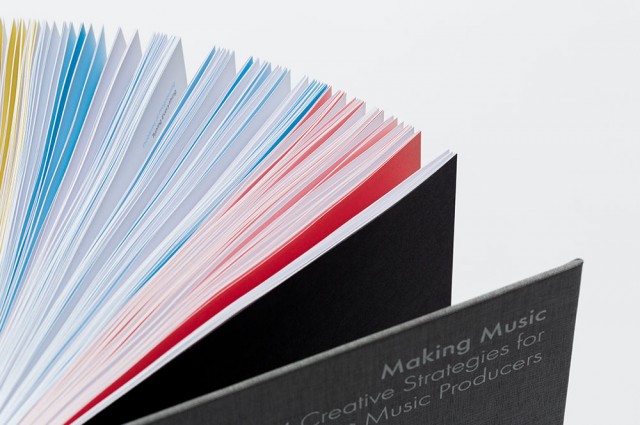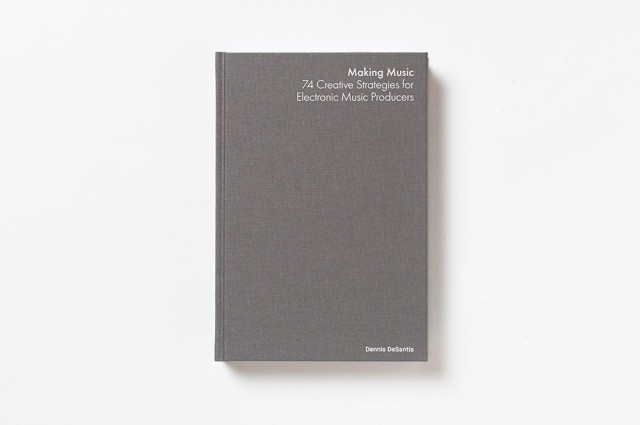Imagine if the Eno/Schmidt Oblique Strategies, a music theory book, and an Ableton quick-start manual all got caught in a transporter accident with a bunch of different music producers.*
That seems to be what you get with Making Music: A Book of Creative Strategies. In one sense, the aim is to be none of these things. It’s not a manual. It’s not a template for music making. It doesn’t, apparently, rely much on musical theory in the traditional sense.
But, then, if you know the man behind it – Dennis DeSantis, a classical percussion virtuoso and composer turned documentation czar – this all makes sense.
The book is divided into the three places where you might become stuck creatively:
1. Beginning
2. Progressing
3. Finishing
And in each section, it includes both problems and solutions, plus hands-on reflections from artists, ranging from experimental to club. (I wish it had sections for “soups” and “desserts,” but this isn’t my book.) Sometimes, it’s talking about specific harmonies in house music. Sometimes, it’s reflecting on the very act of listening.
In fact, if anything, the whole thing seems a bit like Fux’s Gradus ad Parnassum rewritten, Julia Child The Joy of Cooking style, for anyone frustrated with a blank or overcrowded Ableton Live session display.
But I’m delighted to see it. I can’t imagine myself trying to organize a book in this particular way – we’ll talk to Dennis shortly about how he went about it and offer an excerpt for you to read, if you’re curious. But it seems a marvelous challenge. And it represents the sort of discourse I hope we have more of – one that lies at the intersection of philosophy and creativity and the specific particularities both of musical craft and technological praxis.
A composer in the 18th century had to tackle, simultaneously, the deep meaning of poetry and whether that clarinet player could really easily finger that melody they just wrote. So it shouldn’t seem a conflict of interests when we have to wrangle with a particular detail of automating a plug-in and the grand sweep of the form of the track we’re finishing. The clash between the specific and the profound, and the desperate struggle to actually make something we like, is at the essence of creative process.
If you have specific things you’d like us to ask Dennis about this question, or documentation of music software in general, or cool things he knows about new music on the marimba, let us know.
More info, excerpts:
https://makingmusic.ableton.com/
Note to wise people: has any music software company really done anything like this? I don’t think so. For that matter, I can only think of a handful of books that attempted this sort of scope (though a smattering of this way of thinking has been added in over the years). One advantage of Ableton as patron: you don’t have to convince a publisher this would work.
Obligatory nerd-out: *Okay, think of this as the reverse of the transport accident in Season 1, Episode 5 “The Enemy Within.” In this version, all those parts form some new composite that comes out neatly as a … book. Which is cool. Also, Space Dog. I may be a hopeless nerd, but the advantage of hopeless nerds is we always know where to find weird furry unicorn dogs for you.



